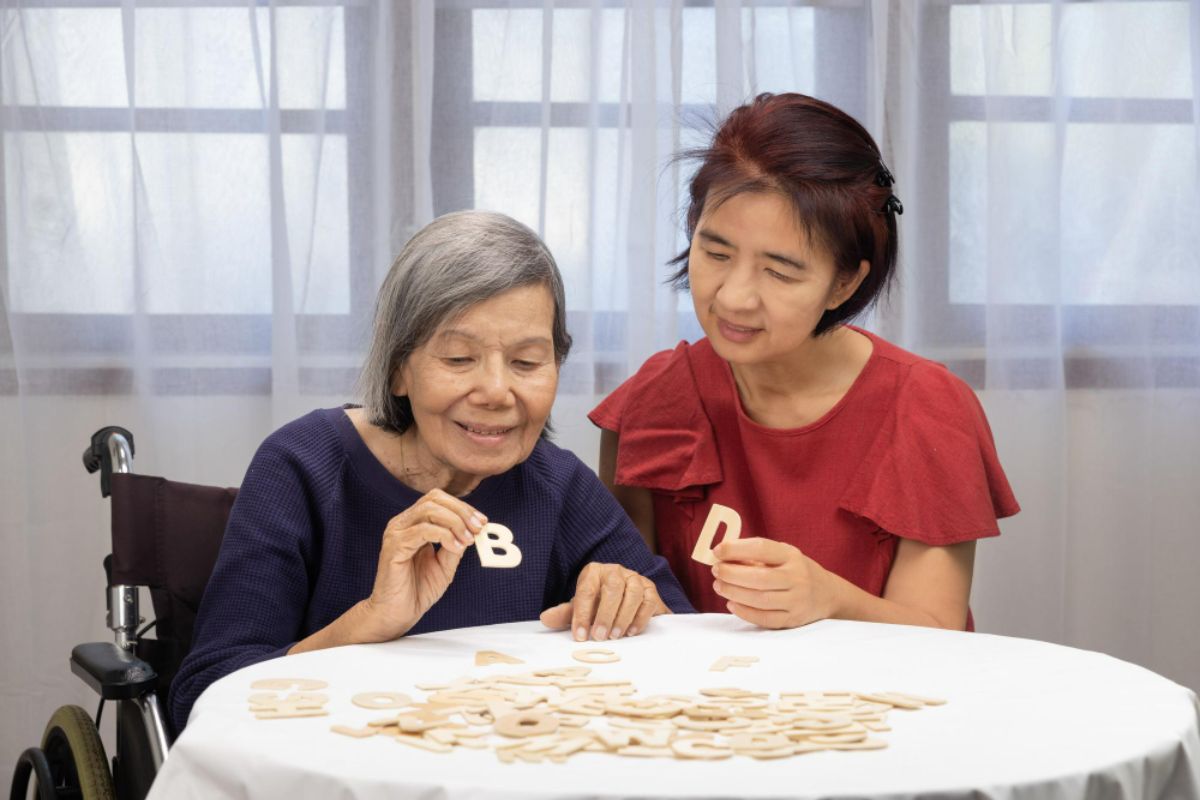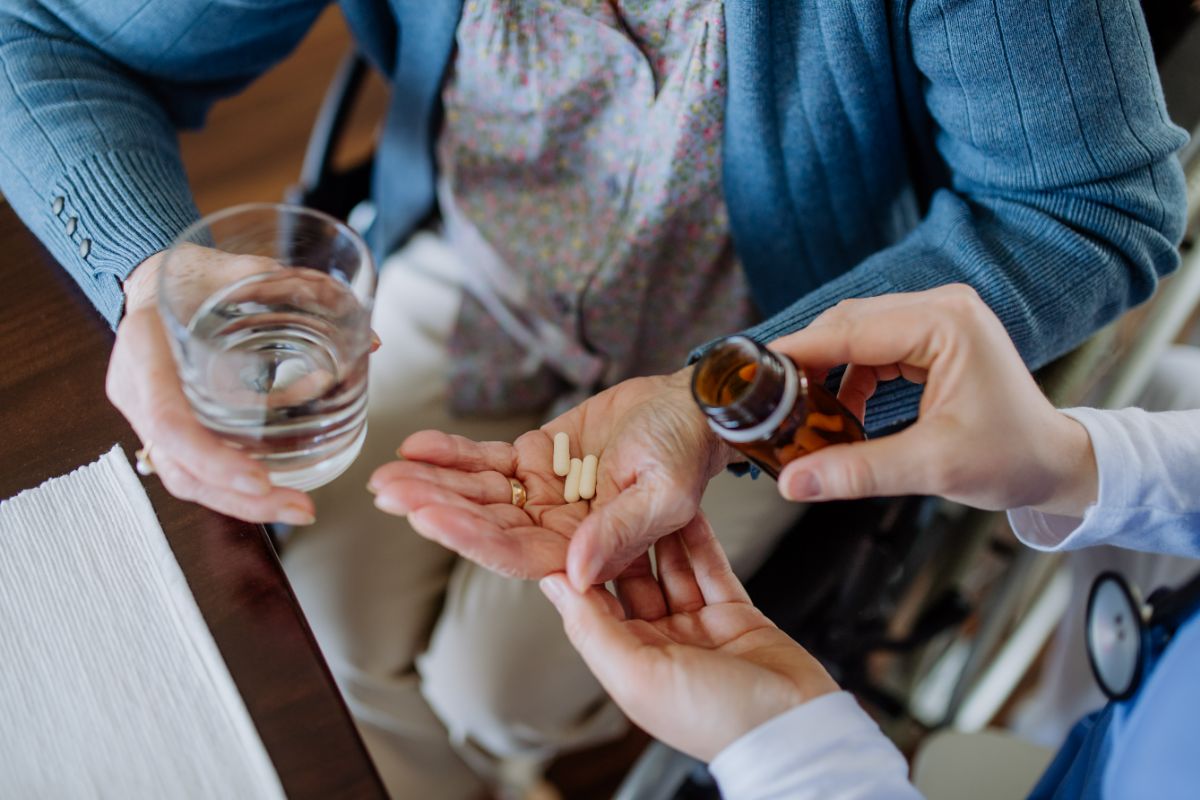Overview
- Alzheimer’s disease currently has no cure, but there are options to manage symptoms through medication and therapies to improve quality of life temporarily.
- Understanding its seven stages is essential for personalized care and support, from pre-clinical to severe symptoms and a lack of physical control.
- While the exact cause of Alzheimer’s is unknown, engaging in mental, physical, and social activities, as well as maintaining a healthy diet, may help reduce the risk of developing the disease.
Having Alzheimer’s was indeed a nightmare to anyone. Alzheimer’s as a type of dementia affects memory, thinking, and behavior. It is a progressive disease that begins with mild memory loss and could lead to loss of the ability to converse.
It involves parts of the brain that control speech, memory, and thoughts. Most researchers and even scientists haven’t fully understood yet what causes Alzheimer’s disease. Even Though memory problems are common in old age, Alzheimer’s is not a normal part of aging. In this article, let’s answer the question “Can Alzheimer’s disease be cured?” and find out how we can prevent having one.

Alzheimer’s is a neurological condition that causes a decline in memory and thinking skills. Currently, there is no cure for this type of disease. But apparently, there are means to support a person through medication and other methodologies like therapies that can help to manage symptoms temporarily.
Other treatments can temporarily slow the aggravation of Alzheimer’s to improve the quality of life for those who suffer from it and also for their caregivers. In today’s generation, there is a worldwide effort to look for ways to treat the disease, delay its worsening, and stop it from developing.
The various stages of Alzheimer’s illuminate the evolving challenges in memory, cognition, and behavior. Recognizing these phases is vital to personalize care approaches and improve the quality of life for those affected by this.
Just like any other disease, Alzheimer’s changes in the brain begin before you notice the symptoms. This period is often called ‘pre-clinical’ as it likely starts after 10-15 years. This is why it is important to have screenings to detect the earliest signs of this disease.
If you notice that your loved one’s cognitive abilities are beginning to deteriorate, it may mean that they’re entering the second stage of Alzheimer’s disease, which is basic forgetfulness. This is where the memory lapses including forgetting names or where they placed their things. However, they can still do their basic routines, such as working or being socially active.
This is the stage where a person’s daily routine becomes more distorted since it brings noticeable changes like difficulty remembering plans or organizing things and challenges at work. This may bring more anxiety for a person experiencing this. That’s why it’s essential to talk with a physician about treatment options.
During this stage, other aspects of cognitive abilities like difficulties in language and calculations as well as personality changes may be noticed. As a result, attending social gatherings or any event that requires extensive thinking can be frustrating.
In this stage, a person may likely have trouble remembering important people in their lives, such as their friends and family. They may also experience emotional changes, such as hallucinations, delusions, or paranoia that are common in this stage.
This stage becomes rough for people who suffer from Alzheimer’s since communicating will be difficult. At this time, the person’s ability to manage themselves will be hard and they will be more dependent on others. Anxiety, hallucinations, paranoia, and delusions will be increased in this stage which could trigger serious personality changes.
This stage is where mental and physical incapability happens until the body starts to shut down. It’s because their mind is having a hard time communicating and doing things effectively. At this point, full-time care is needed for help with sitting, walking and even swallowing.

Since the exact cause of Alzheimer’s disease is still unknown, here are some health tips to reduce the risk of acquiring this.
Even though Alzheimer’s has still no cure, everyone is still hopeful and thriving to resolve the misery of those affected by this disease. All that you can do for now is to be more aware of this disease and to know how to reduce the risk of it.
As we unravel its severity and answer the question ‘Can Alzheimer’s disease be cured?’, consider Bacopa Monnieri. Being a top-of-mind ingredient, this tea is an herb with holistic benefits that can enhance your memory. To explore our product and place your order, you can contact us today!

What are the best natural supplements for dementia patients? Bacopa Mo

What are essential tips for Alzheimer’s disease prevention? Follow a

How can you reverse dementia naturally? Staying socially active Exerci

Overview Alzheimer’s disease can develop at any age, but it beco